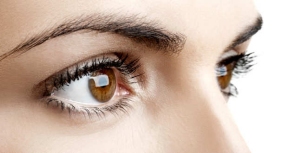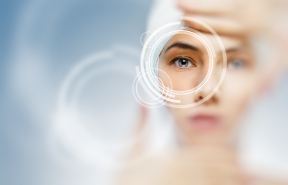
According to a recent Transitions Optical survey, only 3.7 percent of Hispanics are aware that sun can cause damage to their eyes. These stats are alarming because excessive UV exposure damages more than just the skin, it’s dangerous to our eyes as well. In fact, extended exposure to the sun’s UV rays has been linked to cataracts and age-related macular degeneration. Protecting our eyes from the sun’s harmful UV rays is crucial to keeping our eyes healthy. With summer just around the corner, it’s important we take the necessary measures to protect ourselves against UV exposure. Here are some valuable tips for your readers:

- Wear the right eyewear: Always wear protective eyewear like photochromic lenses whenever outdoors. Transitions® lenses block 100 percent of the sun’s harmful UV rays and adapt to changing light, from the brightest sun to the lowest light and everything in between. Ensure sunglasses block 100 percent of UV rays – not all of them do.
- Adapt your indoor routine: Did you know that UV rays can often be harmful even indoors? If you sit by a window with high sun exposure for extended periods of time, your eyes could be getting a dangerous dose of UV rays if they aren’t protected. Even on airplanes, it’s important to wear lenses with 100 percent UV protection.
- Weather Updates: Pay attention to the UV index available on most weather sites. When it’s highest, consider staying indoors or add additional protection, like a wide-brim hat.
- Don’t forget the kids: Young eyes have less capability to filter UV rays than adult eyes, so their eyes demand greater protection at the earliest possible age.
- Don’t forget the doc: According to Transitions Optical, only 4 out of 10 Hispanics reported seeing an eye doctor in the past year, even though our ethnicity puts us at a higher risk for many eye diseases than other ethnic groups. Many eye diseases are completely preventable so early detection is key. If you have diabetes, have a dilated eye exam at least once a year to detect any issues early.











